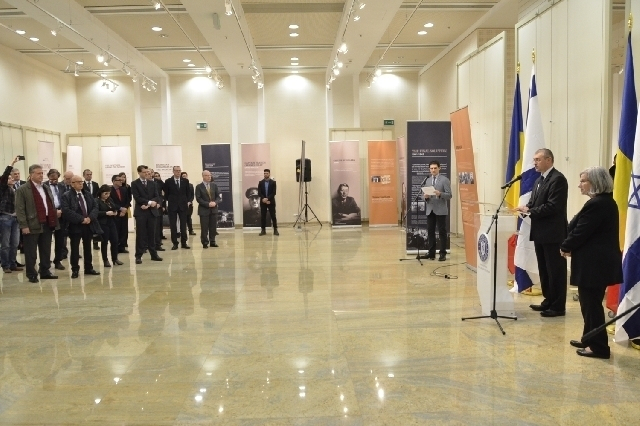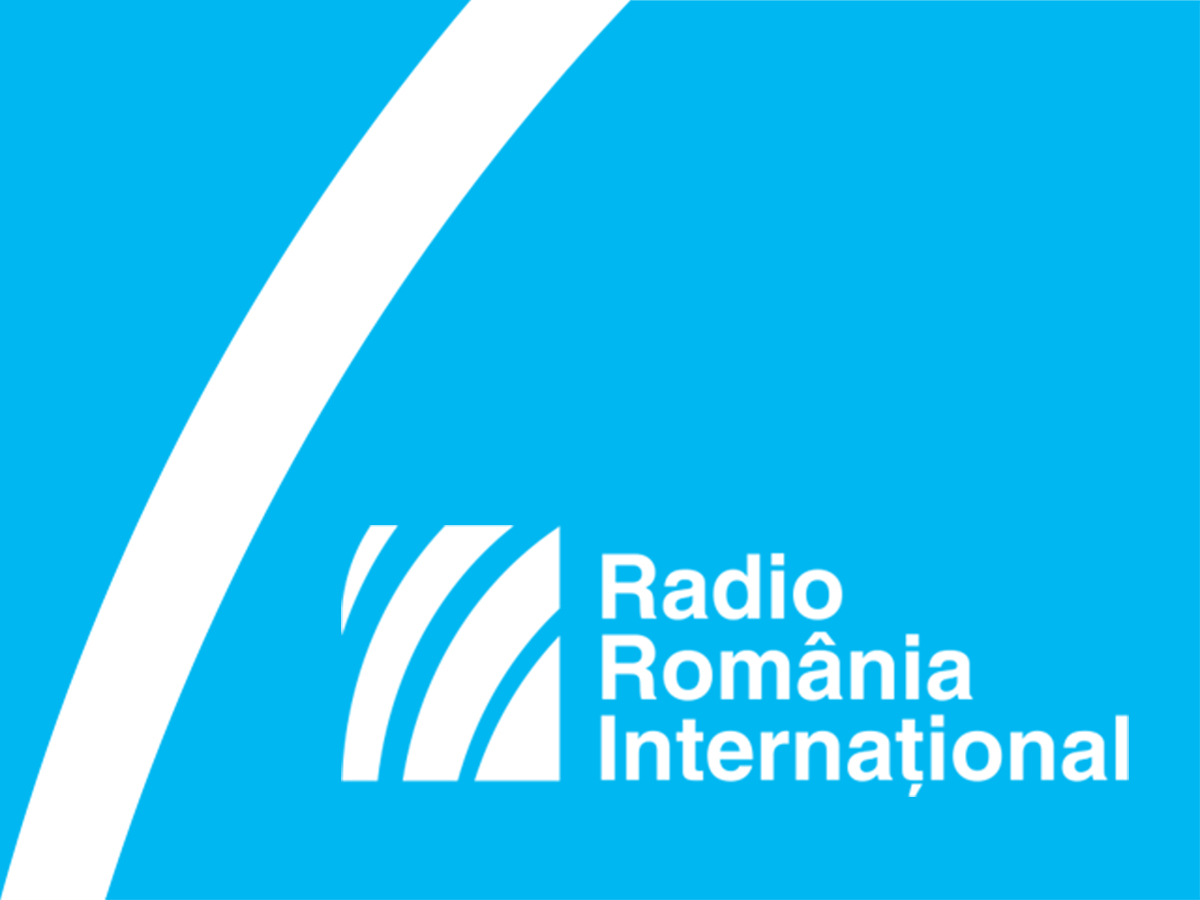Jews Saved in the Years of Horror
The tragedies that the Jews went through during World War II deeply moved contemporaries

Steliu Lambru, 16.10.2023, 19:19
The tragedies that the Jews went through during World War II deeply moved contemporaries. Despite its apparent omnipotence, the Nazi evil was opposed by good people who did as much as they could to make people persecuted on irrational racial grounds no longer suffer. Some of those people were Romanians, who did not abdicate from the condition of humans, and helped the Jews, regardless of the consequences. One of them was Emil Tomescu, a reserve colonel and a veteran of the Second World War, having the rank of captain in 1942. Interviewed by the Oral History Center of the Romanian Broadcasting in 1997, Tomescu recounted what he had found beyond Odessa, in the palace of a French owner who had fled.
I found the doors nailed up and the windows nailed up. Asking what the reason was, the soldiers told me that there were Jews inside, and that every week a praetor came and took away one of them, who then disappeared. I later found out that he was shooting them in the back of the head and throwing them into an abandoned well. I opened the boards, what I found inside was something indescribable! They were living skeletons, human skeletons! They were famished, dirty, it was something terrible! They had made a toilet out of one room. I immediately ordered the water to be heated in the boilers, took them outside, made them wash, gave them food and took some of the women who were more resistant to help in their own kitchen. But I couldn’t stay long, I was ordered to go back to the front. Probably the praetor or someone there reported what I was doing there and then they took me and sent me to the frontline.
Aristina Săileanu was from Târgu Lăpuș, a locality in Northern Transylvania, annexed by Hungary after the Arbitration of Vienna on August 30, 1940. She remembered in 1997 how her father saved a family of Jews whom he hid in a hut in forest.
We had a farm in Râoaia, 14 kilometers from the commune of Lăpusul Românesc. And my father had a household there. We had everything we needed. Being such an isolated place, of course my father thought of doing a good deed, because my father did it out of love for his neighbor. My father then sent me out on the night of April 15 to 16, with a former servant. I took the children out of the house and went to Râoaia to our household, where father was waiting for us. He took them, took them to the forest, made them a hut, set them up there. It was very dangerous, because if the Germans caught us they would simply execute us.
Gheorghe Moldovan from Blaj said that in 1997 he had taken food, together with other young people of his age, to the Jews in the camp on the Perşani-Lădeni-Braşov road. What did the association in which he was active propose regarding the Jews?
First of all, it was saving them from deportation. In other parts of the country they were rounded up and taken behind the frontline. From here, from Blaj, they were sent to labor camps, not extermination camps. But for all the Jews of Northern Transylvania, there was already the question of saving them from going to the extermination camps at Auschwitz and elsewhere. Clandestine border crossings were being arranged, I met that citizen who was here many times ,and who thanked me personally. I’m proud that, from the descriptions I read, it looked like he was Raoul Wallenberg himself. He was a tall man, an extraordinary man and very brave.
Sonia Palty, in 2001, remembered the agronomist Vasilescu, a man who paid with his life after he was reported to have helped the Jews.
This Vasilescu was, I can say, the only man. Only those who went out to work were supposed to receive food, and in those winter days very few went out to work, because most of them were sick: flu, diarrhea, rheumatism. Then, Vasilescu, being the month of December, meaning we were approaching Christmas, decided to give food to everyone in the camp, that is, to the children, and to the women and the old people who had not gone out to work. The next day we were all gathered and we were told that in an hour we should all be ready with our luggage, they were taking us to the train station, and from there we were leaving to the Bug river, to Bogdanovka. Lieutenant Capeleanu came and started hitting us with his horse crop left and right. When he raised the crop for us to move on, the farm manager Vasilescu grabbed his hand and said: ‘You’ve beaten them enough, leave them the hell alone, you won’t have to deal with them anymore!’ Capeleanu wrote an informative note in which he said that Vasilescu had been in favor of the group of Jews, that he had helped them, and that he had given them food, and the agronomist Vasilescu was sent to Don’s Bend, and he never returned.
Some Romanians did acts of real humanism in extreme times for the Jews, such as the Second World War. And the title of Righteous Among the Nations for some of them represents an act of gratitude on the part of the Jewish people.






























